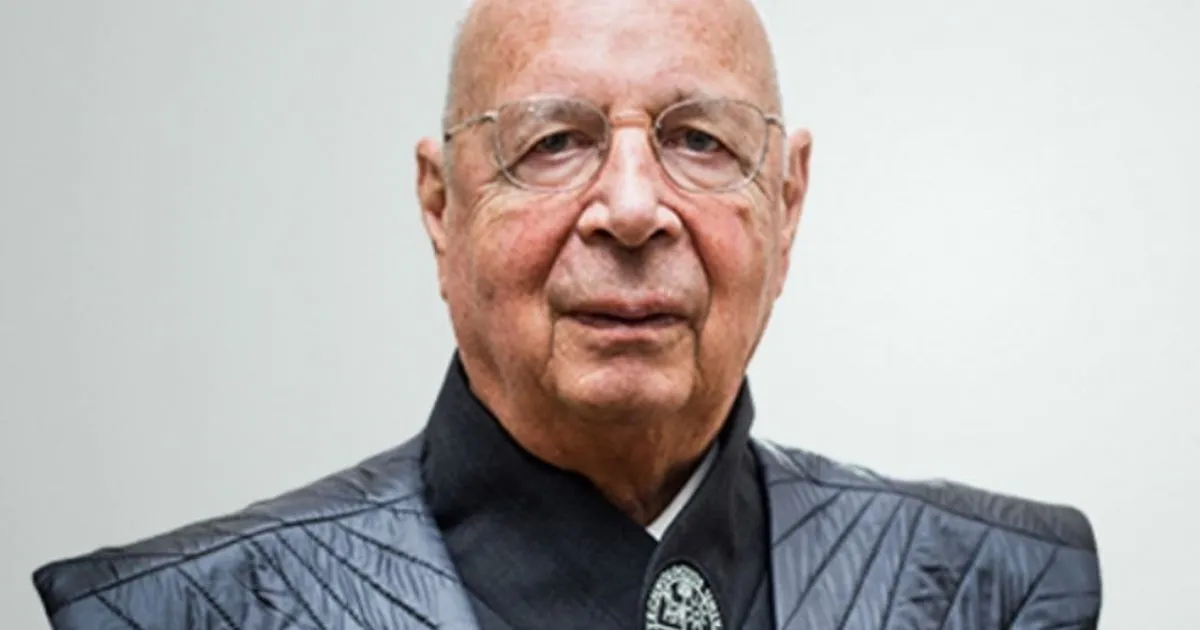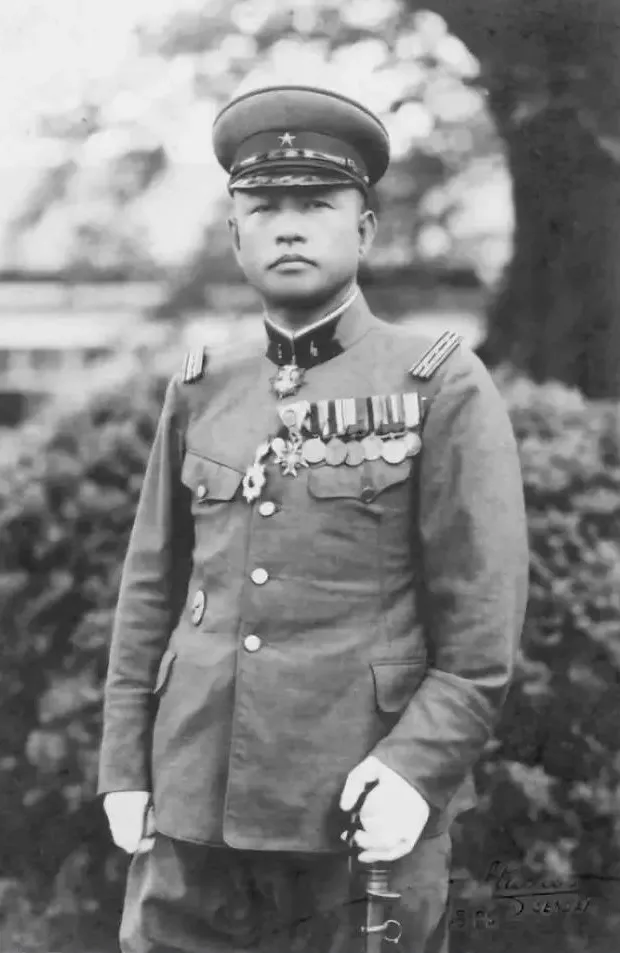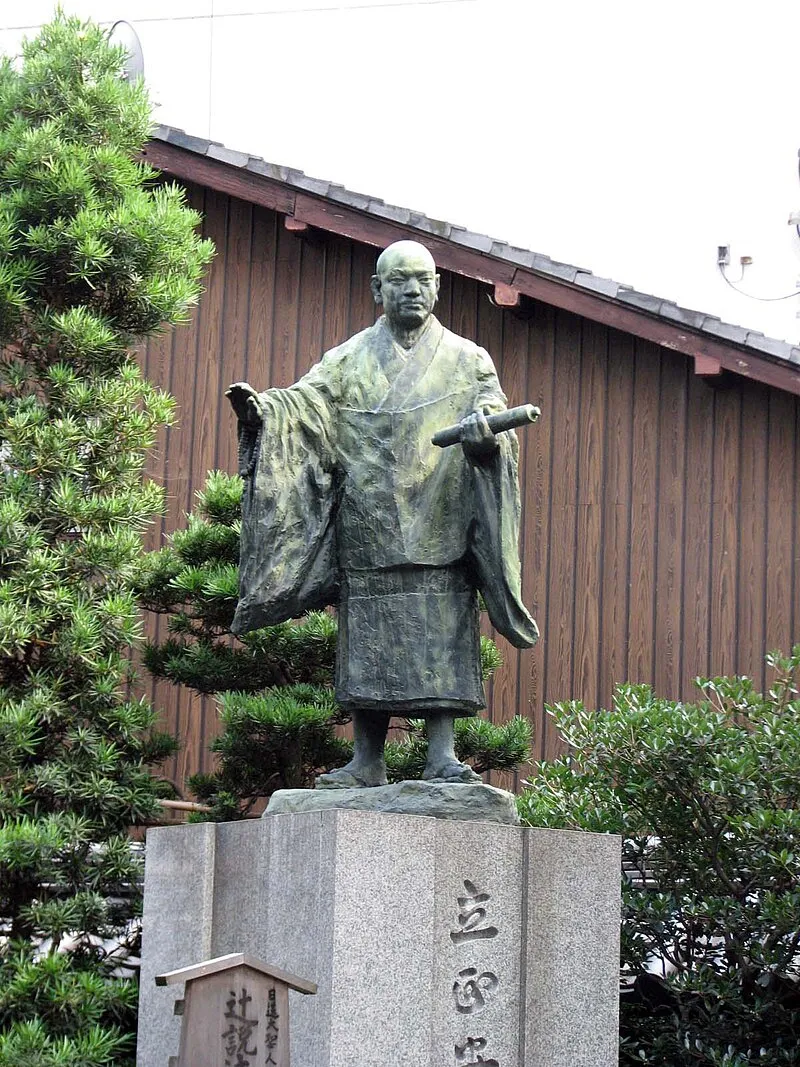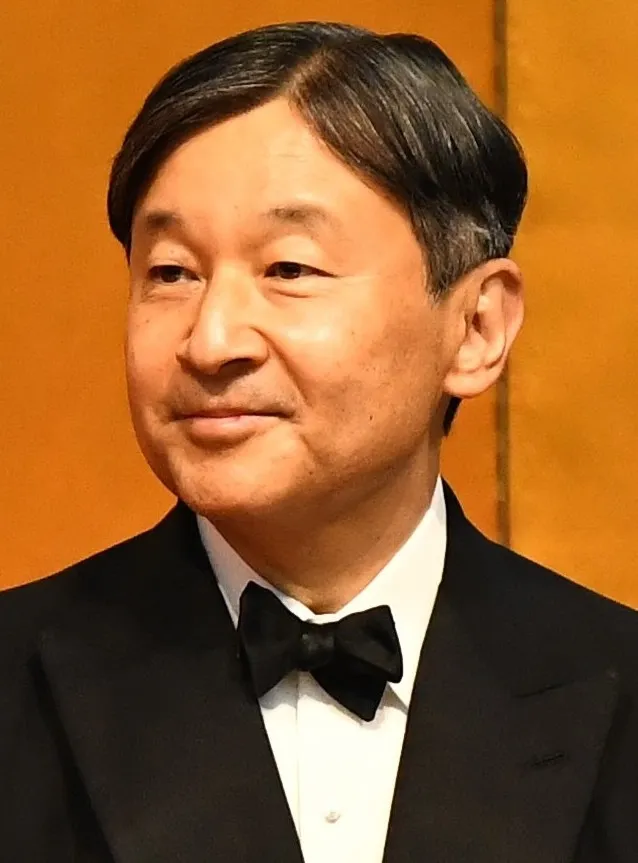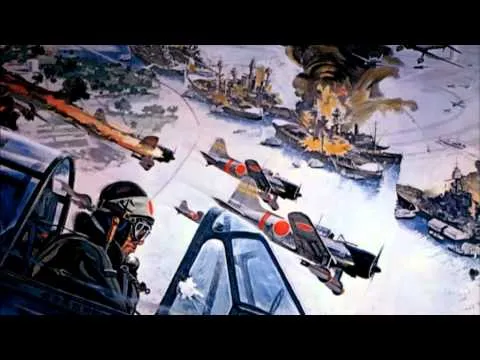I suddenly had a new idea while reading @valued-customer's article.
90 years ago, there were also a man in Japan who advocated Japanese eschatology and soteriology.
Kanji Ishiwara (石原 莞爾, Ishiwara Kanji, 18 January 1889 – 15 August 1949) was a general in the Imperial Japanese Army in World War II. He and Itagaki Seishirō were the men primarily responsible for the Mukden Incident that took place in Manchuria in 1931.
Kanji Ishiwara (石原 莞爾, Ishiwara Kanji, 18 January 1889 – 15 August 1949) argued that the Japanese Empire should wage the War of Armageddon to defeat the Christian empire America, which was trying to conquer the Asian world.
His ideas are revealed in 주소이름
1940 Sekai Saishū Senron (世界最終戦論), or On World Final War (Armageddon) in english.
He studied American and European wars and history, Christian eschatology and soteriology. He created a new Japanese-style soteriology by mixing Western history and Christian thought with the Japanese Buddhist apocalyptic thought.
Ishiwara was born in Tsuruoka City, Yamagata Prefecture, into a samurai class family. His father was a police officer, but as his clan had supported the Tokugawa bakufu and then the Northern Alliance during the Boshin War of the Meiji Restoration, its members were shut out of higher government positions.
At 13, Ishiwara was enrolled in a military preparatory school. He was subsequently accepted at the 21st class of the Imperial Japanese Army Academy and graduated in 1909. He served in the IJA 65th Infantry Regiment in Korea after its annexation by Japan in 1910, and in 1915, he passed the exams for admittance to the 30th class of the Army Staff College. He graduated second in his class in 1918.[2]
Ishiwara spent several years in various staff assignments and then was selected to study in Germany as a military attaché. He stayed in Berlin and in Munich from 1922 to 1925, focusing on military history and military strategy. He hired several former officers from the German General Staff to tutor him, and by the time that he returned to Japan, he had formed a considerable background on military theory and doctrine.
Prior to leaving for Germany, Ishiwara had converted to Nichiren Buddhism. Nichiren had taught that a period of massive conflict would precede a golden era of human culture in which the truth of Buddhism would prevail. Japan would be the center and main promulgator of the faith, which would encompass the entire world. Ishiwara felt that the period of world conflict was fast approaching, and Japan, relying upon its vision of the kokutai and its sacred mission to "liberate" China, would lead a unified East Asia to defeat the West.[3]
A bronze garden statue of Nichiren Daishonin in the Honnoji Temple of Nichiren Shu in Teramachi Street, Kyoto, JapanIshiwara was also the leader of a semi-religious and Pan-Asianist organization, the East-Asia League Movement (Tōarenmei undō).[4]
Nichiren Buddhism (Japanese: 日蓮仏教) is a branch of Mahayana Buddhism based on the teachings of the 13th-century Japanese Buddhist priest Nichiren (1222–1282) and is one of the Kamakura Buddhism schools.[1]: 239 [2] Its teachings derive from some 300–400 extant letters and treatises either authored by or attributed to Nichiren.[3][4][5]
Based on Nichiren Buddhism (Japanese: 日蓮仏教), he created a new Japanese-style soteriology by mixing Christian eschatology and soteriology.
He went to study in Germany and was greatly influenced by German philosophy and thought. His thoughts can be summarized as follows:
After World War I, there will be a new war. European Christian civilization is already in decline. With the birth of the atheistic Soviet Union, European Christian civilization began to collapse.
European empires will soon start a new war. Through that war, the white civilization of Europe would fall, and the Japanese Empire would rise as a new world leader.
The Japanese Empire has a sacred mission to liberate the Asians from European colonies.


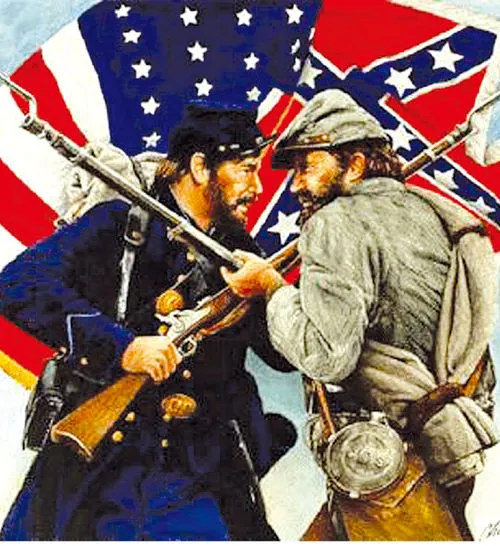
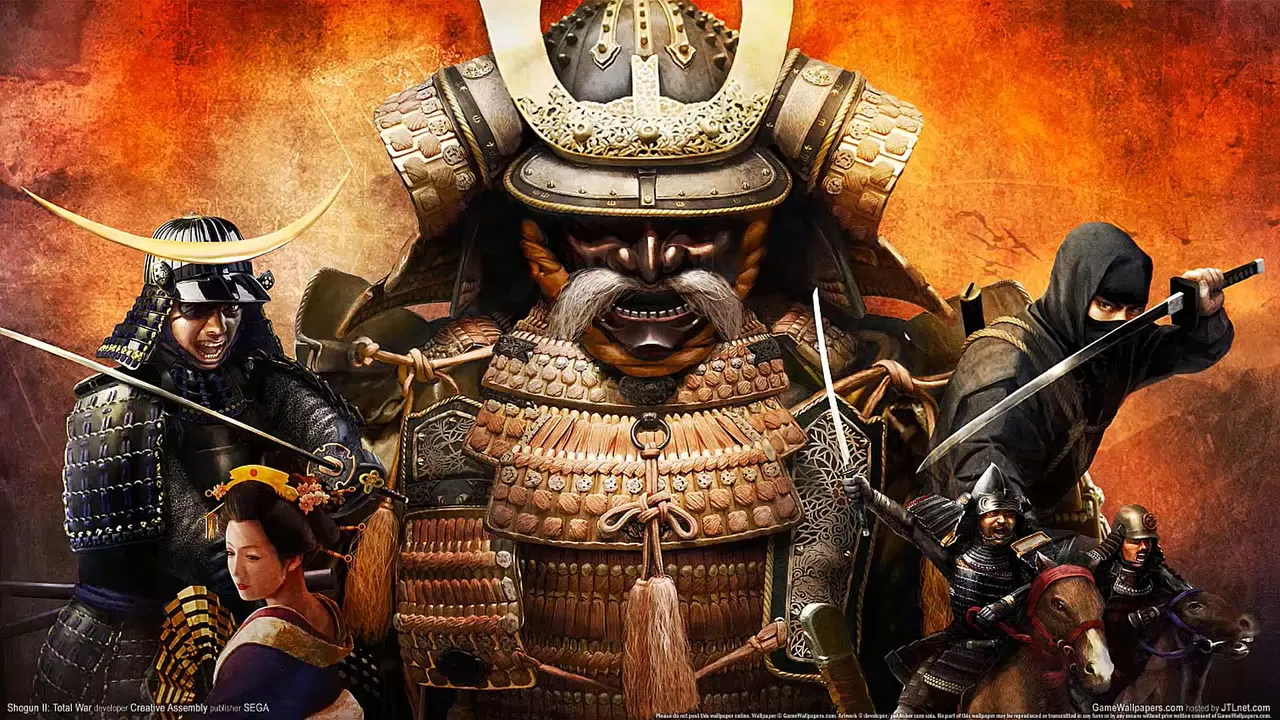
The strongest enemy standing in the way of the great future of the Japanese Empire is the Christian Empire, the United States.
At present, the fallen Christians in Europe are falling apart as they wage war against each other. The atheist Soviet Union and European Overlords will inevitably start a new war.
After World War I, the United States emerged as a new center of Christian civilization. Europe is in decline, while the United States is getting stronger.*
The Christian Empire America will surely conquer all of Asia by Christianizing it in the future.
America's Christianity will destroy and conquer all the virtues, religions, history, and philosophies of Asian civilization.*
The Japanese Empire must stop the Christian Empire America's mission to conquer the Asian world.
Naruhito
The Emperor of Japan is the monarch and the head of the Imperial Family of Japan. Under the Constitution of Japan, he is defined as the symbol of the Japanese state and the unity of the Japanese people, and his position is derived from "the will of the people with whom resides sovereign power".[2] Imperial Household Law governs the line of imperial succession. The emperor is immune from prosecution by the Supreme Court of Japan.[3] He is also the head of the Shinto religion. In Japanese, the emperor is called Tennō (天皇, pronounced [tennoꜜː]), literally "Heavenly emperor".[4] The Japanese Shinto religion holds him to be the direct descendant of the solar goddess Amaterasu. The emperor is also the head of all national Japanese orders, decorations, medals, and awards. In English, the use of the term Mikado (帝/御門) for the emperor was once common but is now considered obsolete.[5]
Currently, the emperor of Japan is the only remaining head of state in the world with the highest monarchical title of "Emperor".[6] The Imperial House of Japan is amongst the oldest in the world.[7] The historical origins of the emperors lie in the late Kofun period of the 3rd–6th centuries AD, but according to the traditional account of the Kojiki (finished 712) and Nihon Shoki (finished 720), Japan was founded in 660 BC by Emperor Jimmu, who was said to be a direct descendant of Amaterasu.[8][9]
The role of the emperor of Japan has historically alternated between a largely ceremonial symbolic role and that of an actual imperial ruler. Since the establishment of the first shogunate in 1199, the Emperors of Japan have rarely taken on a role as supreme battlefield commander, unlike many Western monarchs. Japanese emperors have nearly always been controlled by external political forces, to varying degrees. For example, between 1192 and 1867, the shōguns, or their shikken regents in Kamakura (1203–1333), were the de facto rulers of Japan, although they were nominally appointed by the emperor. After the Meiji Restoration in 1867, the emperor was the embodiment of all sovereign power in the realm, as enshrined in the Meiji Constitution of 1889. Since the enactment of the 1947 constitution, the role of emperor has been relegated to that of a ceremonial head of state without even nominal political powers.
Since the mid-nineteenth century, the Imperial Palace has been called Kyūjō (宮城), later Kōkyo (皇居), and is on the former site of Edo Castle in the heart of Tokyo (the current capital of Japan). Earlier, emperors resided in Kyoto (the ancient capital) for nearly eleven centuries. The Emperor's Birthday (currently 23 February) is a national holiday.
Naruhito is the current emperor of Japan. He acceded to the Chrysanthemum Throne upon the abdication of his father Emperor Akihito on 1 May 2019.
Kanji Ishiwara (石原 莞爾, Ishiwara Kanji, 18 January 1889 – 15 August 1949)
Kanji Ishiwara (石原 莞爾, Ishiwara Kanji, 18 January 1889 – 15 August 1949) prophesied that Europe would fall and America would become the new champion of Christian civilization.
The Japanese Empire must liberate the Asian colonies of the disintegrating European empires. In order to do that, the Japanese Empire must defeat the Christian Empire, the United States.
He declared that Japan's emperor is called Tennō (天皇, pronounced [tennoꜜː]) should emerge as the savior of all of Asia.
After becoming emperor of the whole of Asia, Tennō (天皇, pronounced [tennoꜜː]) will command the Allied Forces of Asia to wage the war of Armageddon against the Christian Empire USA.
After Tennō (天皇, pronounced [tennoꜜː]) triumphs over the Christian Empire America, he will become the greatest deity in the world.
Kanji Ishiwara (石原 莞爾, Ishiwara Kanji, 18 January 1889 – 15 August 1949) prophesied that the Japanese Empire would achieve the final victory over the Christian Empire USA.😆
Kanji Ishiwara (石原 莞爾, Ishiwara Kanji, 18 January 1889 – 15 August 1949) predicted the dedecline and collapse of European empires through the outbreak of World War II. However, he insisted that the Christian empire America would become even stronger and would attempt to conquer Asia.
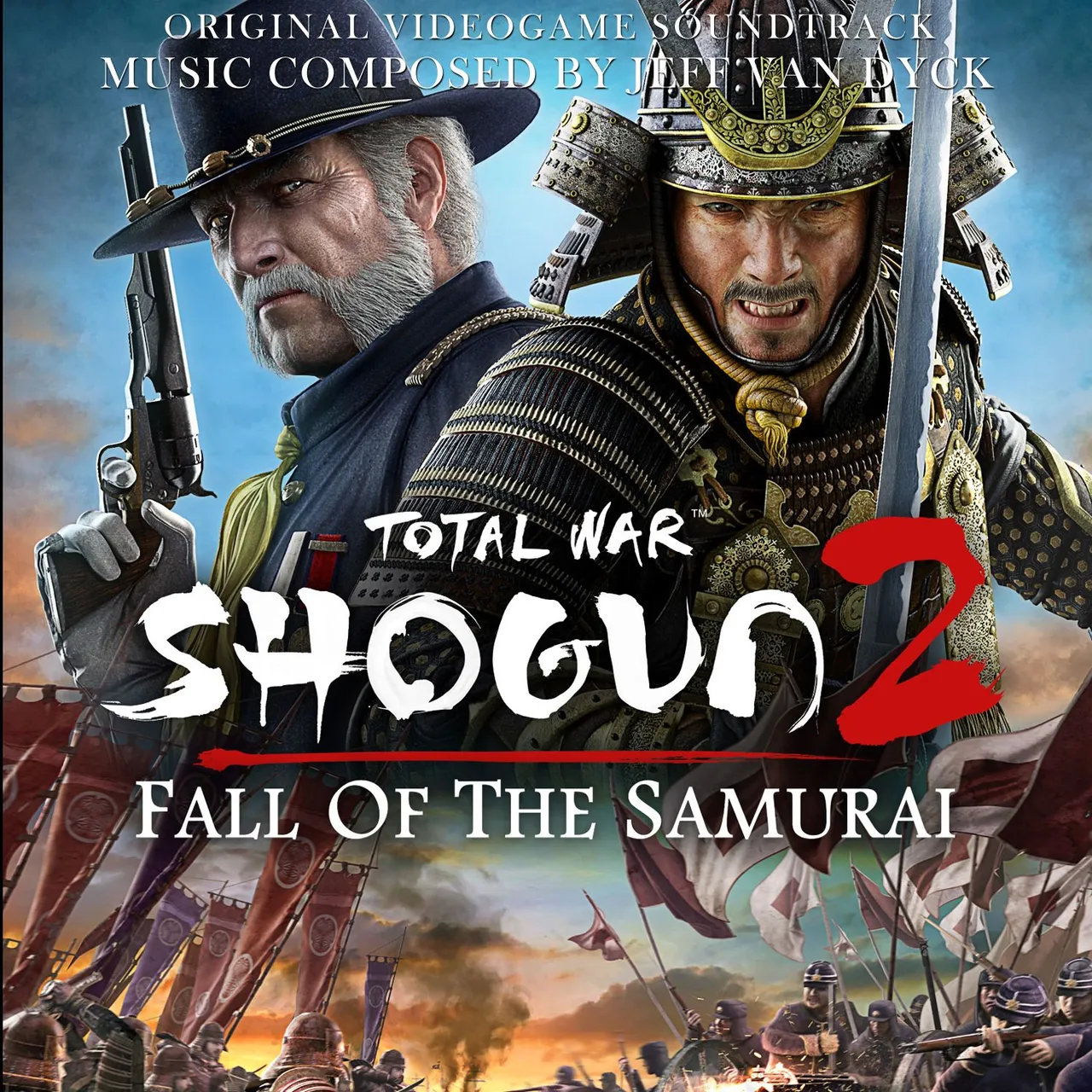
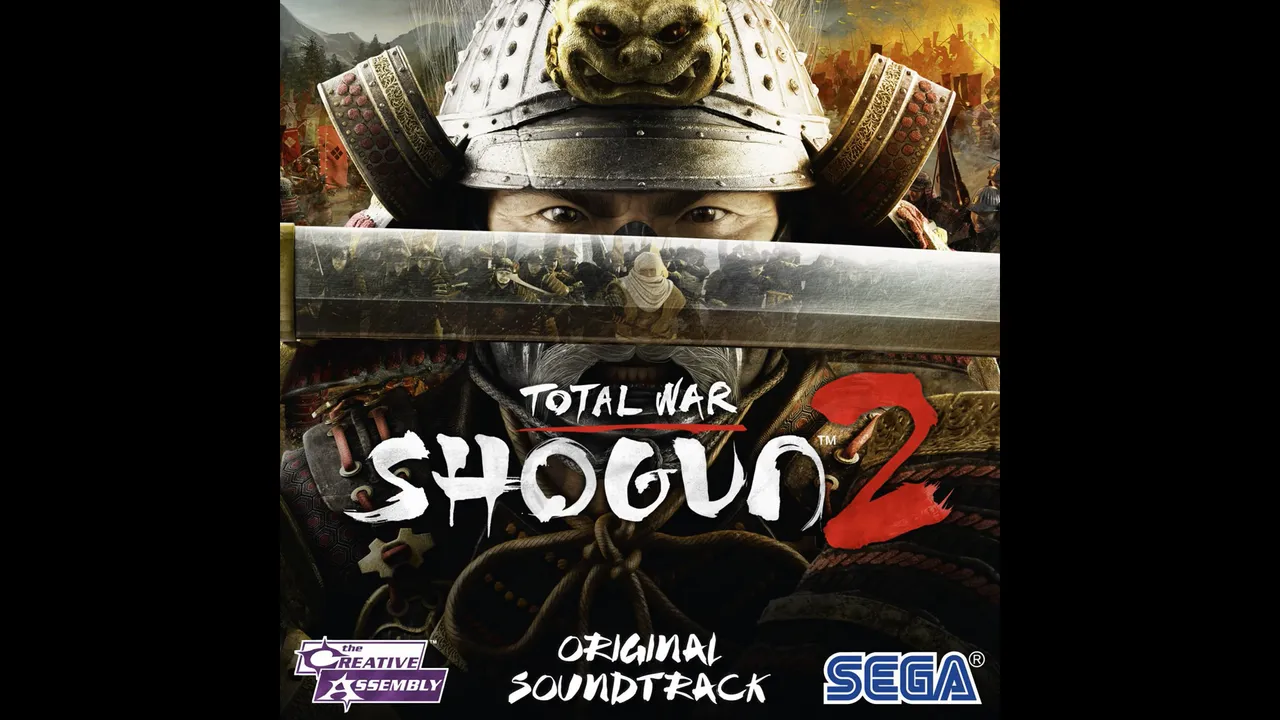
So, he concluded that the Japanese Empire was destined to defeat the Christian Empire, America, in order to protect Asian civilization.
I hope you understand that I cannot provide the source because the above is all my personal research.😅
